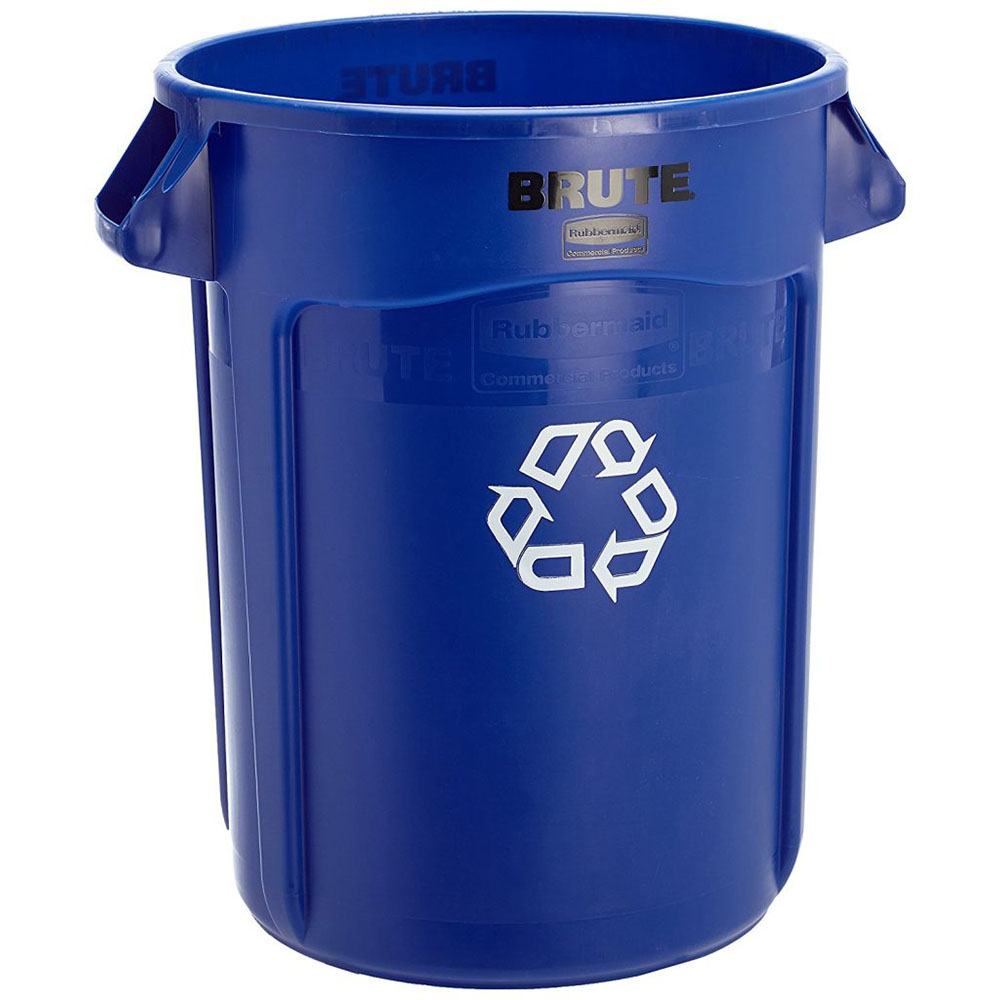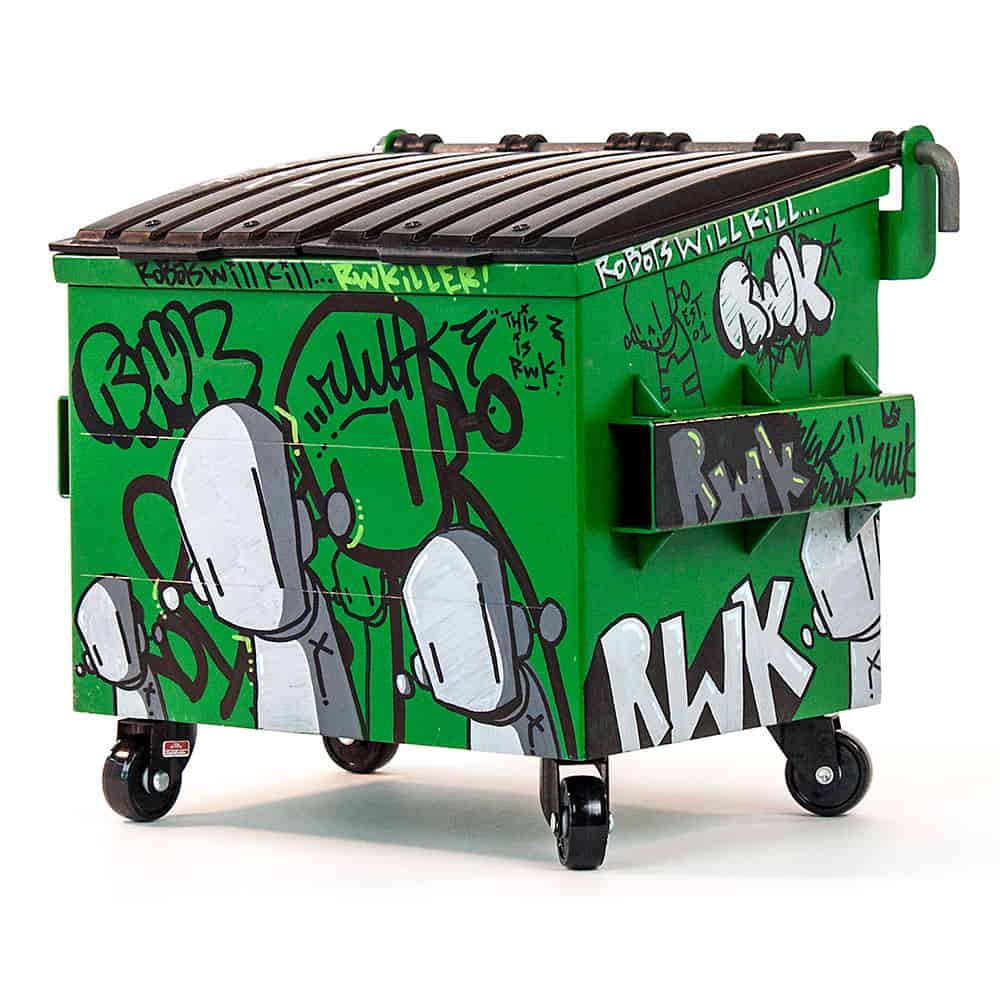Bin Dumps: The Hidden World Of Credit Card Data Leaks And How It Impacts You
Let’s face it, we live in a world where data is the new gold. But what happens when that gold gets dumped into the wrong hands? Enter the dark alley of "bin dumps." Now, before you think this is some kind of trash talk, let me break it down for you. Bin dumps are more than just a buzzword in the cybercrime world; they're a real threat to your financial security.
You’ve probably heard about data breaches, but bin dumps take it to another level. These dumps contain sensitive information like credit card numbers, expiration dates, CVVs, and even personal details about cardholders. It's not just about losing money; it’s about losing trust in the systems we rely on daily.
So why should you care? Well, if you’ve ever swiped a card, made an online purchase, or even just stored your card details somewhere, you’re potentially at risk. This isn’t just about hackers sitting in dark rooms; it’s about understanding how your data can be misused and what you can do to protect yourself.
Read also:Somali Wasmo Telegram List Your Ultimate Guide To Discovering The Latest Hype
What Exactly Are Bin Dumps?
Defining the Term
Bin dumps are essentially collections of stolen credit card information that cybercriminals gather through various means. The term "bin" refers to the Bank Identification Number, which is the first six digits of a credit or debit card. These numbers help identify the issuing bank and card type. When hackers get their hands on a "bin dump," they’ve got access to a treasure trove of financial data.
Now here’s the kicker: bin dumps aren’t just random bits of info. They often include full card details, such as the cardholder’s name, address, and even transaction history. Think of it as someone stealing your wallet, but instead of just taking cash, they’re making copies of everything inside.
How Do Bin Dumps Work?
Let’s dive into the mechanics of how bin dumps happen. Hackers use a variety of methods to gather this data, including:
- Skimming Devices: These are small gadgets placed on ATMs or card readers to capture card information.
- Phishing Scams: Fake emails or websites trick users into giving away their card details.
- Data Breaches: Large-scale attacks on companies or financial institutions that expose millions of records.
- Malware: Software that infects devices and steals data without the user’s knowledge.
Once they’ve got the data, hackers can sell it on the dark web or use it for fraudulent activities. It’s a lucrative business, and unfortunately, it’s growing.
Why Should You Care About Bin Dumps?
The Financial Impact
Let’s talk dollars and cents. When a bin dump hits the market, it affects everyone. Victims might face unauthorized charges, ruined credit scores, and the hassle of replacing compromised cards. But it doesn’t stop there. Companies that suffer data breaches often face hefty fines, lawsuits, and damage to their reputation.
According to a report by IBM, the average cost of a data breach in 2022 was $4.35 million. That’s a lot of money, and a significant portion of that cost comes from dealing with bin dumps. It’s not just about the financial loss; it’s about the trust that gets shattered.
Read also:Rita Faez Erome The Rising Star Of The Digital Age
The Personal Impact
On a personal level, bin dumps can be devastating. Imagine waking up one day to find that someone’s been using your credit card to buy luxury goods or take expensive vacations. It’s not just about the money; it’s about the violation of your privacy and the sense of security you thought you had.
And let’s not forget the emotional toll. Victims of bin dumps often feel violated, anxious, and frustrated. It’s not just about dealing with the immediate aftermath; it’s about constantly worrying about whether it will happen again.
How Do Hackers Get Their Hands on Bin Dumps?
Common Tactics Used by Cybercriminals
Hackers are sneaky, and they’ve got a toolbox full of tricks to steal your data. Here are some of the most common tactics they use:
- Social Engineering: Manipulating people into giving away sensitive information.
- Network Intrusion: Breaking into corporate networks to access databases.
- Physical Theft: Stealing devices or documents that contain card information.
- Insider Threats: Employees or contractors who misuse their access to steal data.
Each method has its own level of sophistication, and hackers are constantly evolving their techniques. It’s like a game of cat and mouse, where the stakes keep getting higher.
Who’s Behind the Bin Dumps?
The Faces of Cybercrime
While we often picture hackers as lone wolves sitting in basements, the reality is much more complex. Cybercrime is a global industry, and the people behind bin dumps come from all walks of life. Some are part of organized crime syndicates, while others are independent operators looking to make a quick buck.
What’s interesting is that many hackers aren’t even tech-savvy. They buy ready-made tools and kits from the dark web, making it easier than ever to get into the game. It’s a scary thought, but it highlights the need for better cybersecurity measures.
How to Protect Yourself from Bin Dumps
Practical Tips for Staying Safe
Now that you know the risks, let’s talk about what you can do to protect yourself. Here are some practical tips:
- Monitor Your Accounts: Regularly check your bank statements for suspicious activity.
- Use Strong Passwords: Make sure your online accounts are protected with unique, complex passwords.
- Enable Two-Factor Authentication: Add an extra layer of security to your accounts.
- Be Wary of Phishing Scams: Don’t click on links or download attachments from unknown sources.
These might seem like common sense, but you’d be surprised how many people neglect these basic precautions. It’s like leaving your front door unlocked and wondering why someone broke in.
The Legal Implications of Bin Dumps
What the Law Says
When it comes to bin dumps, the law is catching up, but it’s still a work in progress. Many countries have strict regulations regarding data protection, such as the GDPR in Europe or the CCPA in California. These laws impose heavy penalties on companies that fail to safeguard customer data.
But enforcement can be tricky, especially when dealing with international cybercriminals. Jurisdiction issues, lack of resources, and the anonymity of the dark web all make it difficult to bring perpetrators to justice. That’s why prevention is key.
Real-Life Examples of Bin Dumps
Case Studies
Let’s look at some real-life examples of bin dumps and their impact:
- Target Data Breach: In 2013, hackers stole 40 million credit and debit card numbers from Target, affecting millions of customers.
- Equifax Breach: In 2017, Equifax suffered a massive breach that exposed sensitive data of over 147 million people.
- Capital One Hack: In 2019, a hacker accessed the personal information of over 100 million Capital One customers.
These incidents highlight the importance of robust cybersecurity measures and the need for individuals to stay vigilant.
The Future of Bin Dumps
What Lies Ahead
As technology advances, so do the methods used by cybercriminals. The rise of artificial intelligence and machine learning is creating new opportunities for both attackers and defenders. On one hand, hackers can use AI to automate their attacks and evade detection. On the other hand, companies can use the same technology to strengthen their defenses and detect threats faster.
But one thing is certain: bin dumps aren’t going away anytime soon. As long as there’s money to be made, hackers will continue to target financial data. It’s up to all of us to stay informed and take steps to protect ourselves.
Conclusion: Take Action Today
So there you have it, folks. Bin dumps are a real threat, and they’re not going away anytime soon. But by understanding how they work and taking proactive steps to protect yourself, you can minimize the risk of becoming a victim.
Here’s what you can do next:
- Share this article with your friends and family to spread awareness.
- Review your security settings and update your passwords.
- Stay informed about the latest developments in cybersecurity.
Remember, knowledge is power. The more you know about bin dumps, the better equipped you’ll be to protect yourself and your loved ones. So don’t wait—take action today!
Table of Contents
- What Exactly Are Bin Dumps?
- Why Should You Care About Bin Dumps?
- How Do Hackers Get Their Hands on Bin Dumps?
- Who’s Behind the Bin Dumps?
- How to Protect Yourself from Bin Dumps
- The Legal Implications of Bin Dumps
- Real-Life Examples of Bin Dumps
- The Future of Bin Dumps
- Conclusion: Take Action Today

